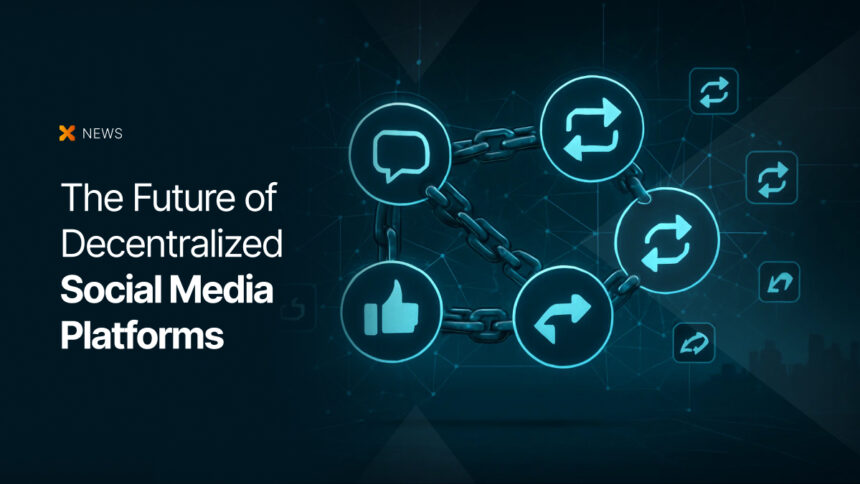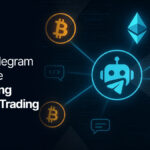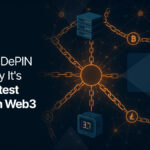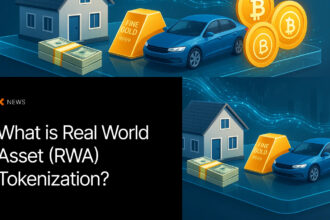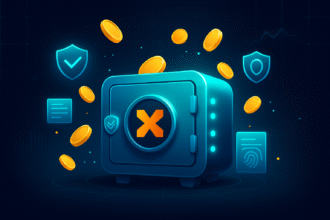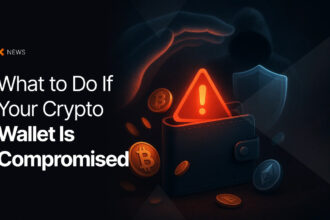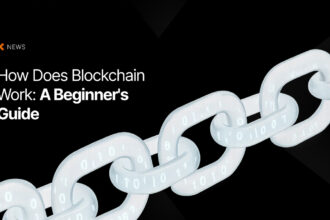Since the mid to late-2000s, social media has been a major part of many people’s lives. However, there has been some concerns about it like data security and arbitrary rules on those platforms. Today, a new kind of social media is emerging and it is decentralized social media. With this post, you can learn about the basics of it.
What Is Decentralized Social Media?
Decentralized social media is basically a type of platform that isn’t owned or controlled by one company. Instead of everything being stored on one big server, data is spread out across many different places.
Think of it like email. You can have a Gmail address or a Yahoo one, but you can still message anyone. Decentralized social media platforms are trying to bring that same open concept to social networking, where you can take your content and your followers with you, even if you switch platforms. Also, they try to do that with the potential benefits that may come with decentralization.
Why Are People Interested in It?
There are a few major reasons why decentralized social media is catching people’s attention:
- More Control Over Personal Data: On many mainstream platforms, your data gets collected and often sold to advertisers. With decentralized platforms, the idea is that you own your data. You choose what to share and with whom and there’s less chance of your personal info being used without your knowledge.
- No More Algorithm Drama: A lot of people who use social media for business or content creation know the pain of unpredictable algorithms. One day your post gets thousands of views and the next it’s buried. Many decentralized platforms either don’t use algorithms or let users have more say in how their feed looks.
- Less Censorship: Decentralized platforms often rely on community moderation instead of one company deciding what’s allowed and what isn’t. This gives users more freedom to express themselves, although moderation can still vary depending on the specific platform.
- You Keep Your Followers: Right now, if you quit a specific social media platform, you lose everything about that specific platform. This includes your content, your followers and your reach. But decentralized social media networks aim to let you keep your audience no matter where you go. This is kind of like keeping your contacts if you switch phones. That’s a big deal for a lot of creators.
The Challenges They Face
Decentralized social media isn’t perfect and there are still plenty of roadblocks.
- Not Enough Users: Most people still hang out on the big platforms. So it’s hard to leave when your friends, followers or customers are still there. Until more people make the switch, the smaller networks may struggle to grow.
- Confusing to Use: Let’s be honest. Some of these new platforms can be confusing, especially if you’re not super tech-savvy. Signing up isn’t always as simple as clicking “create account” and features might be limited or hard to find.
- Harder to Make Money (At Least For Now): Most creators earn through ad revenue or brand deals on mainstream platforms. Right now, decentralized platforms don’t offer the same level of income opportunities. However, some are experimenting with tipping systems and tokens.
So, What Does the Future Look Like for Decentralized Social Media?
It’s unlikely that decentralized social media platforms will fully replace the big ones anytime soon. But they don’t have to. The more likely future can be a hybrid model, where people use both traditional and decentralized platforms.
Some creators are starting to explore these new platforms to protect themselves from algorithm changes, bans or potential shutdowns. In case you are interested in checking out more news and info about blockchain and crypto, make sure to visit our blog page.


